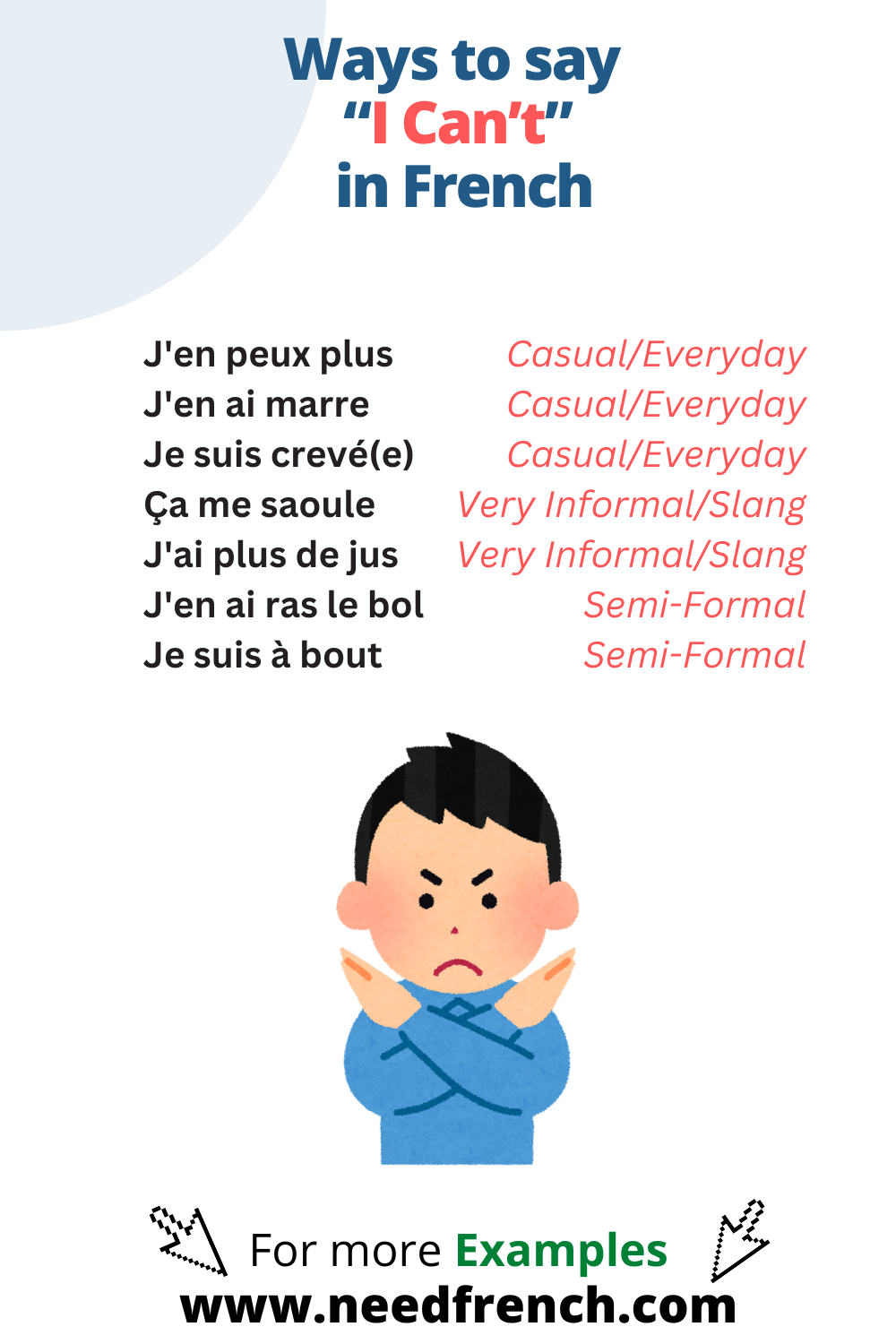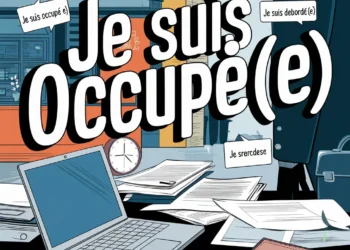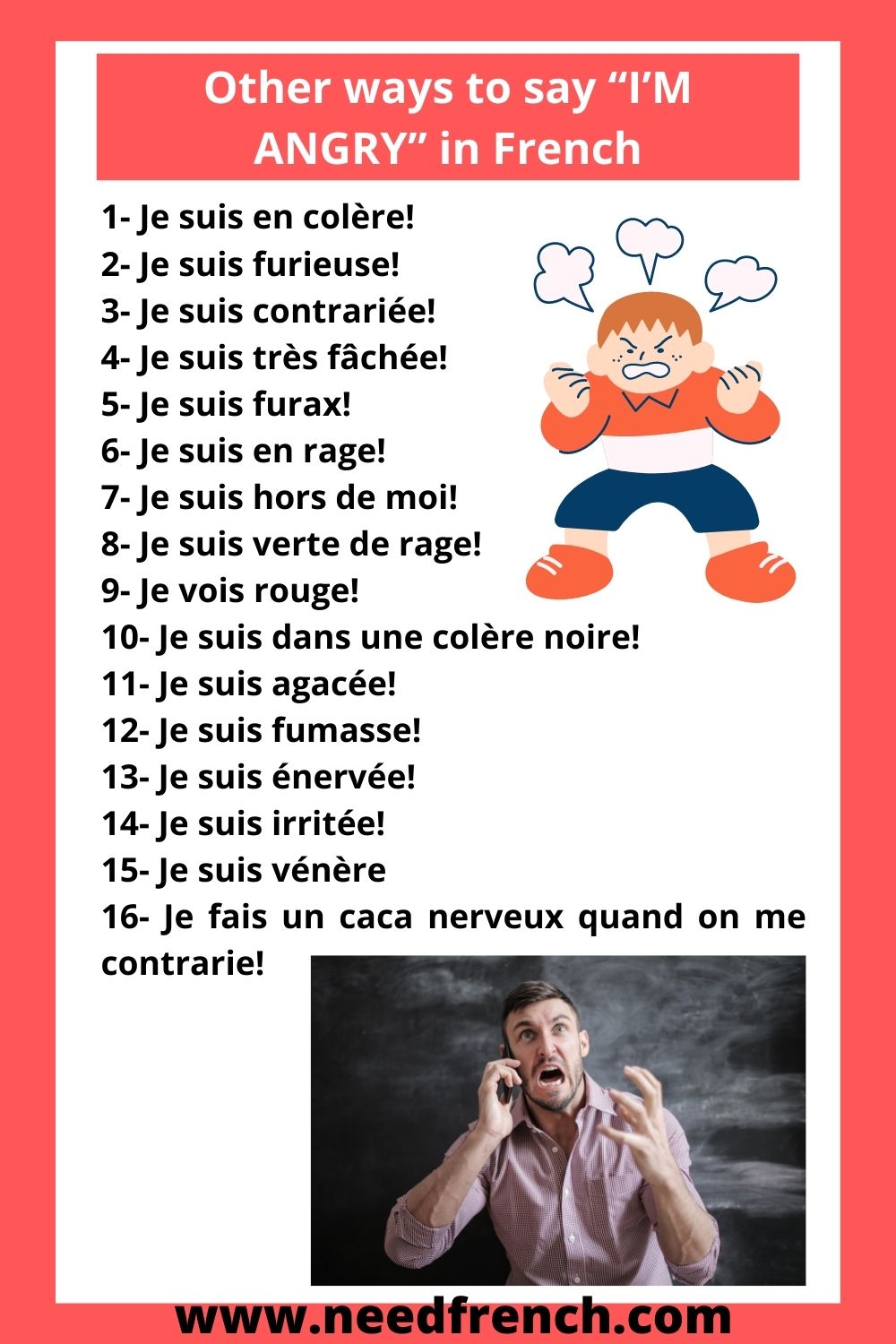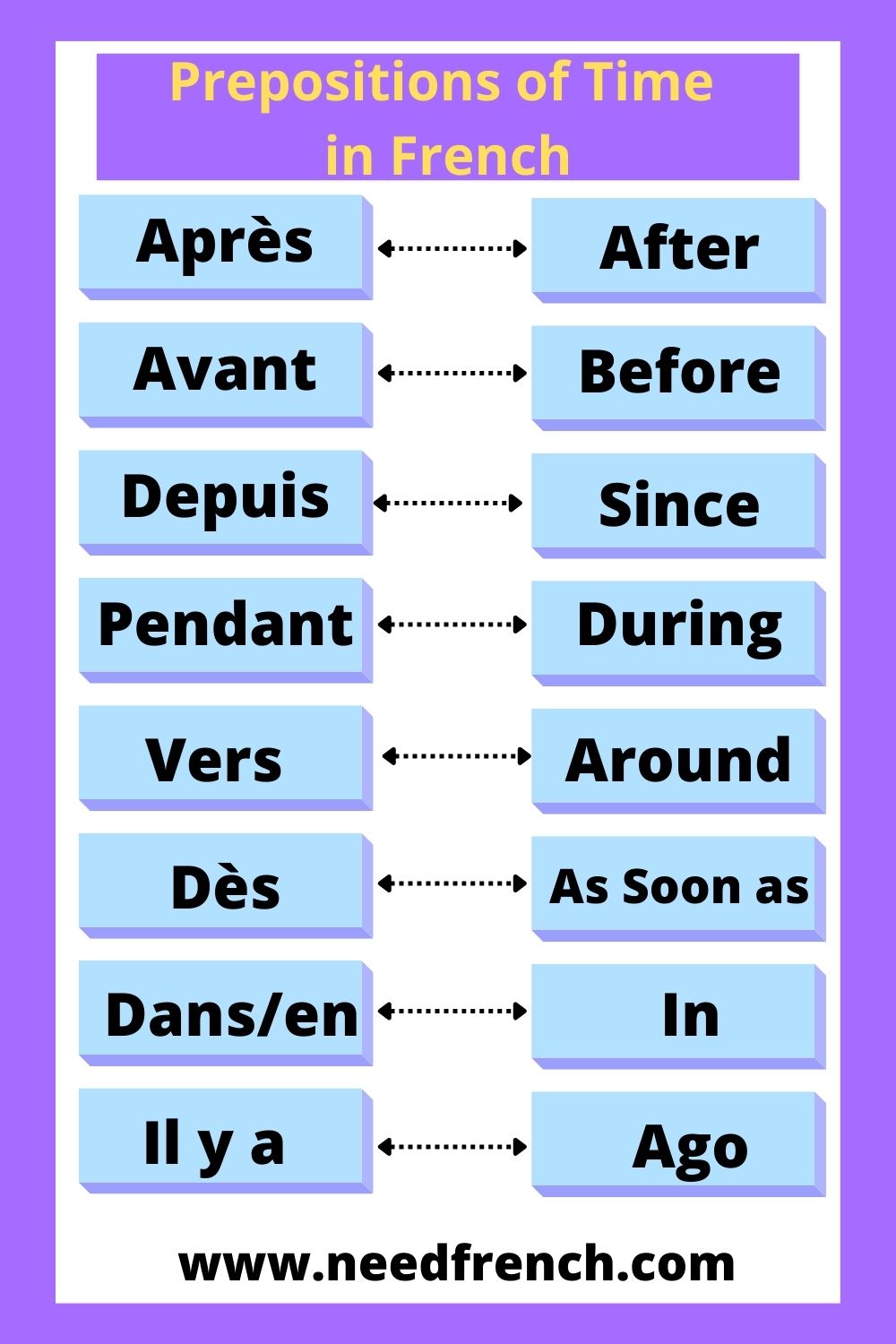French has many expressive ways to say “I can’t” or “I’ve had enough,” ranging from polite expressions to casual slang. This guide will help you understand when and how to use these phrases appropriately, whether you’re declining something politely, venting frustration, or chatting with friends. Below, you’ll find seven common expressions organized by formality level, complete with pronunciation tips, meanings, and examples to get you started in French conversations.
Casual/Everyday
1. J'en peux plus
- Pronunciation: /ʒɑ̃ pø ply/ (zhahn puh plew)
- Meaning: A common phrase meaning “I can’t take it anymore,” great for expressing exhaustion or frustration.
- When to Use: Use it in everyday situations with friends or family.
- Example: “J’en peux plus de cette chaleur !” (I can’t take this heat anymore!)
2. J'en ai marre
- Pronunciation: /ʒɑ̃ e maʁ/ (zhahn ay mar)
- Meaning: This means “I’m fed up” or “I’ve had enough,” a go-to for casual annoyance.
- When to Use: Ideal for relaxed conversations with people you know well.
- Example: “J’en ai marre de la pluie.” (I’m fed up with the rain.)
3. Je suis crevé(e)
- Pronunciation: /ʒə sɥi kʁəve/ (zhuh swee cruh-vay)
- Meaning: Meaning “I’m exhausted,” it’s a common way to say you’re too tired to continue.
- When to Use: Works in everyday settings like with friends or family.
- Example: “Je suis crevée après cette journée.” (I’m exhausted after this day.)
- Note: Add an “e” at the end if you’re female (e.g., “Je suis crevée”).
Very Informal/Slang
4. Ça me saoule
- Pronunciation: /sa mə sol/ (sah muh sowl)
- Meaning: This very informal phrase means “It’s annoying me” or “It’s driving me crazy.”
- When to Use: Use it only among close friends, as it’s quite casual and could offend in formal settings.
- Example: “Ce devoir ça me saoule !” (This homework is driving me crazy!)
5. J'ai plus de jus
- Pronunciation: /ʒe ply də ʒy/ (zhay plew duh zhew)
- Meaning: Literally “I have no juice left,” this slang means “I’m out of energy.”
- When to Use: Perfect for casual chats with buddies when you’re too tired to keep going.
- Example: “Désolé, j’ai plus de jus pour sortir ce soir.” (Sorry, I have no energy to go out tonight.)
Semi-Formal
6. J'en ai ras le bol
- Pronunciation: /ʒɑ̃ e ʁa lə bɔl/ (zhahn ay rah luh bowl)
- Meaning: A stronger version of “J’en ai marre,” meaning “I’ve had enough.”
- When to Use: Use it in semi-formal or casual settings when you’re really frustrated but still want to keep it somewhat polite.
- Example: “J’en ai ras le bol de ces réunions !” (I’ve had enough of these meetings!)
7. Je suis à bout
- Pronunciation: /ʒə sɥi a bu/ (zhuh swee ah boo)
- Meaning: This means “I’m at my wit’s end” or “I’m at the end of my rope,” with a serious tone.
- When to Use: Suitable for semi-formal situations when you need to express being overwhelmed politely.
- Example: “Je suis à bout de forces.” (I’m at the end of my rope.)
Usage Tips
When to Use Each Expression
- Professional Settings: Use polite options like “Je suis fatigué(e)” (I’m tired) or “Je n’en peux plus” (a more formal take on “J’en peux plus”).
- With Friends: Go for casual phrases like “J’en peux plus,” “J’en ai marre,” or slang like “Ça me saoule.”
- With Family: Mix it up with “Je suis crevé(e),” “J’ai plus de jus,” or “J’en ai ras le bol,” depending on your vibe.
Important Tips for Beginners
Gender Agreement:
- Some phrases adjust for gender. For example, “Je suis crevé” (male) becomes “Je suis crevée” (female).
Context Matters:
- Very informal phrases like “Ça me saoule” can offend in polite settings—save them for friends.
- Some expressions (e.g., “J’en ai ras le bol”) are more dramatic than others.
Common Combinations:
- Add emphasis with “vraiment” (really) or “tellement” (so):
- “J’en peux vraiment plus” (I really can’t anymore).
- “J’en ai tellement marre” (I’m so fed up).















